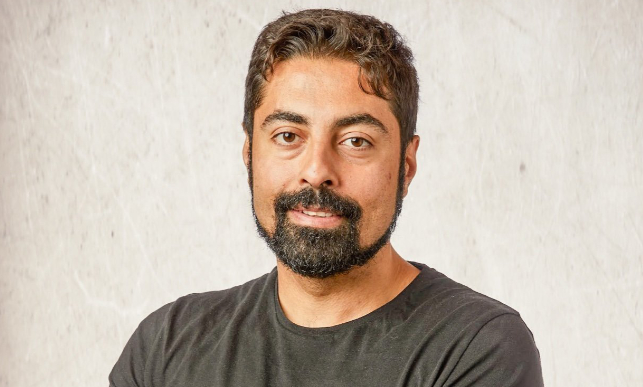Code contention: CarExpert backs Google & Facebook, others fear the implications
The co-founders of CarExpert – who also founded CarAdvice, before it was bought by Nine and retired as a brand late last year – have waded into the contentious News Media Bargaining Code debate, throwing its support behind both Google and Facebook.
CarAdvice owed much of its early success to Google, according to co-founders Alborz Fallah and Paul Maric, and CarExpert is now in a similar position. Both of the big platforms are welcome to access CarExpert content for free, they stated, because it benefits them too.

Fallah and his co-founder have expressed strong support for Facebook and Google

